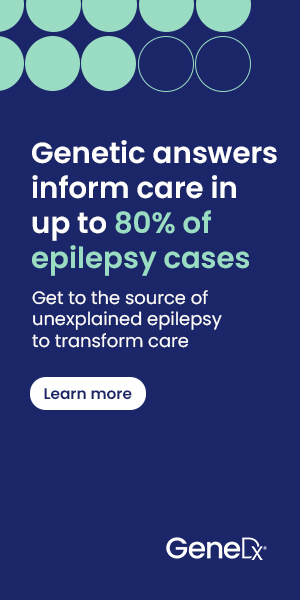The U.S. Food and Drug Administration has approved Amvuttra (vutrisiran) for the treatment of transthyretin amyloid cardiomyopathy (ATTR-CM) in adults.
ATTR-CM is a rare amyloidosis caused by aging or genetic mutations. This results in the misfolding of TTR protein and accumulation of amyloid fibers in the cardiac myocardium. TTR fibrils build up in tissues, such as the peripheral nerves and heart, as well as the gastrointestinal tract, eyes, kidneys, central nervous system, thyroid, and bone marrow. This accumulation causes progressive dysfunction of these tissues. The disease eventually leads to heart failure.
Vutrisiran is an RNAi therapy that works upstream to decrease TTR production, addressing the cause of disease. It is administered in four subcutaneous doses per year. It is the first and only treatment approved by the FDA for the treatment of ATTR-CM.
The approval follows positive results from the phase 3 HELIOS-B clinical trial evaluating vutrisiran for the treatment of patients with ATTR-CM. Observed results included statistically significant reduction in the risk of all-cause mortality and recurrent cardiovascular events by 28% compared to placebo in the double-blind group. Mortality was significantly reduced by 36% through 42 months. Additionally, in the monotherapy group, all-cause mortality and recurrent cardiovascular events were reduced by 33% and significantly reduced mortality by 35% through 42 months. Compared to placebo, treatment with vutrisiran also illustrated positive effects on preservation of functional capacity and quality of life, as well as improvements to biomarkers NT-proBNP and troponin I.
The safety profile of vutrisiran was favorable, with the most common adverse events being pain in extremity, arthralgia, dyspnea, and vitamin A decrease.
For more information, click here.
To learn more about rare heart conditions, visit https://checkrare.com/diseases/heart-diseases/
Tags: Genetic, gastro, heart, kidney, neuro, eye, regulation, treatment


